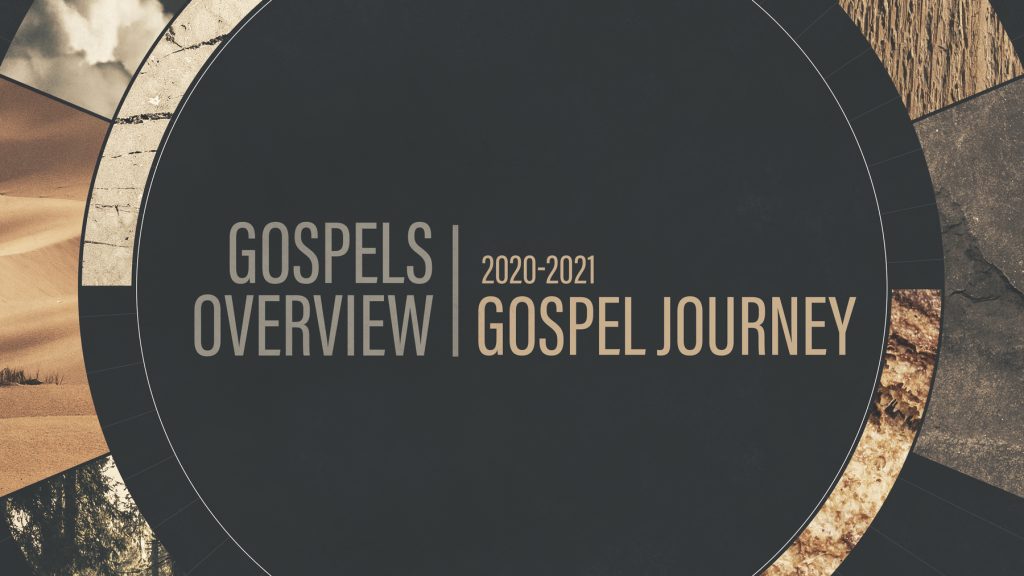
Overview of the Gospels, Cont.
Jesus Changes Everything
Last month we asked a simple question, “What kind of literature is the Gospel?” We saw that the Gospel is much more than a mere biography of Jesus and identified it as “a passion narrative with an extended introduction”—telling the story of the redemptive work of Christ on the Cross and His victorious resurrection conquering death.
Some may ask, “Why do we need four to tell the story? Wouldn’t it be better to have just one to tell a comprehensive and unified story?” That would be an excellent question. Keep in mind that each writer of the Gospels is writing as an eyewitness as well as an evangelist who has a message to declare; and the law required multiple witnesses to establish credibility of the matter (“at the mouth of two witnesses, or at the mouth of three witnesses, shall the matter be established” [Deut. 19:15]).
That we have four witnesses, rather than two or three, is by design as well. Here are some observations: of the four witnesses, two – Matthew and John – were Apostles, who were first‑hand eyewitnesses of Jesus, and the other two – Mark and Luke – were “second generation” converts, who experienced the real effect of the Gospel message and the work of the Holy Spirit and were compelled to write their accounts through carefully researching and compiling “many” testimonies of eyewitnesses (see Luke 1:1-3).
Note how each account functions harmoniously together to introduce multiple dimensions of a Divine Person. The first two accounts focus on two dimensions of Jesus’ positions that are opposite of each other—Matthew emphasizes Jesus’ rank as King, while Mark underscores His role as Servant. The last two accounts focus on Jesus’ Person and are also opposite of each other—Luke accentuates His humanity, while John highlights His Deity.

Observe also that Matthew and Luke provide Jesus’ genealogy and Mark and John do not. Keeping with their emphases, perhaps one can reason this way: genealogical lineage is necessary for kings and significant to man, whereas it is insignificant for servants and impossible for God.[1]
Once again, the Gospels are the heart of the Bible. Matthew, Mark, Luke, and John—the heart of the Bible has four “chambers” that fit and function together perfectly to testify to God’s self-revelation to man in Jesus Christ.
[1] These observations come from Dr. Layton Talbert’s New Testament Theology class.
